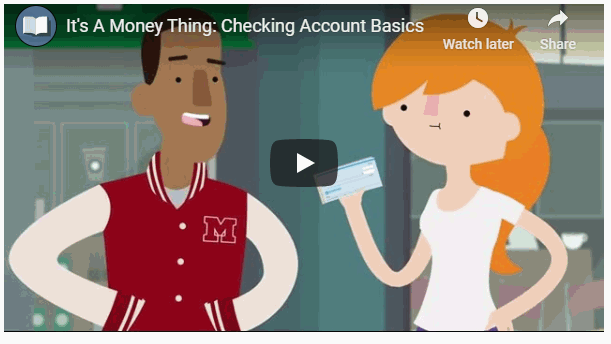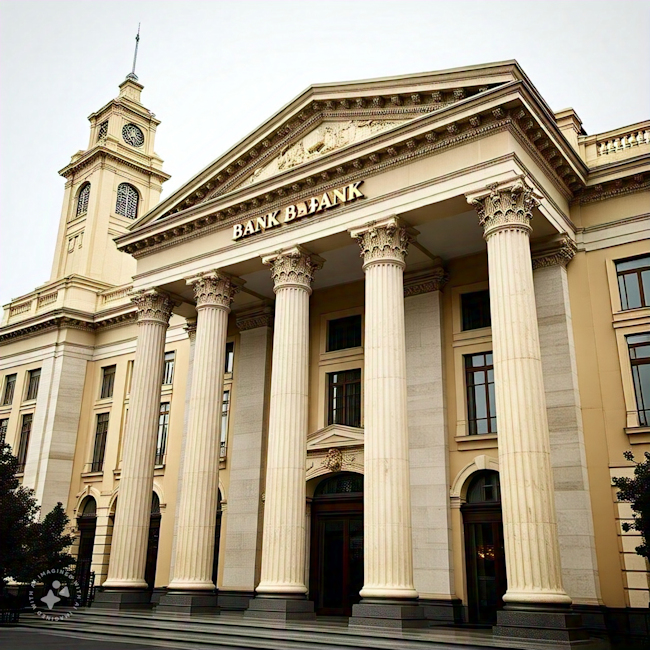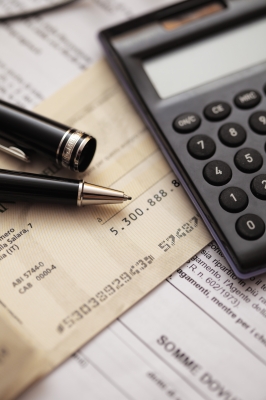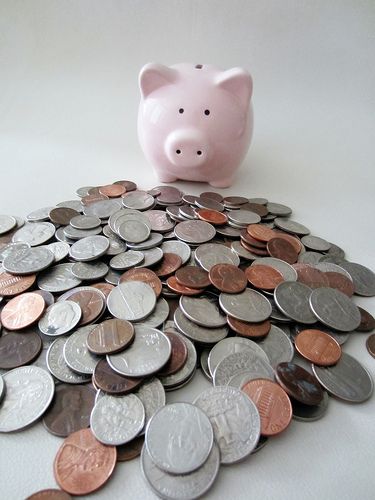In this day and age, most adults need to have a checking account, just to keep on top of their day-to-day expenses. You can sign up for one quickly and easily at your local bank or Credit Union. While most transactions are still doable without a checking account, having one can make things much more efficient and convenient in the long run. Here are a few of the top reasons how opening a checking account that will make your life easier. Many in “Gen Z” might think that a checking account is unnecessary since “who writes checks anymore?”. But whether you write paper checks or not you still need a checking account to pay your bills.
Proof of Payment
Unfortunately, miscommunication or technological glitches sometimes cause problems with payment processing. Such instances often lead to legal disputes that take a lot of time and energy to resolve, potentially even involving collections agencies and court appearances. A paper trail of your payments with a checking account, proving that you made the payment you claim to have made, is a great piece of evidence in your favor. It could save you a lot of headaches in the long run. In addition to resolving disputes, checking records are important for tax purposes.
Online Banking
Technology affords us many perks in the 21st century. Online banking is one of them. Most banks offer free online banking services along with a free checking account to all their customers and signing up is usually a breeze. With online banking, you can move money around from your fingertips digitally—a huge bonus for expatriates, digital nomads, travelers or anyone who uses a smartphone. Even if you never write a paper check your bank can still issue them for you. So if you need to pay someone who doesn’t have the ability to accept online payments your bank can still issue a check and actually mail it to that person for you.
Transaction Limits
One of the biggest advantages of a checking account over a more conventional savings account is that there are fewer spending limitations. Savings accounts usually have limits on the number of transactions possible each month, but checking accounts do not have such limits. Savings accounts are designed for just that i.e. “saving”. They generally pay interest and are insured by the FDIC for up to $250,000. But they aren’t designed for paying bills so they usually have a limit of 3 to 6 transactions per month. By “transactions” they generally mean “withdrawals” you can usually make as many deposits as you want. But if you have more than 6 bills to pay a month you need a checking account. Many banks will charge you a fee per transaction over the allotted amount. If you have both a checking and savings account, you can use your allotted transactions to move money from Savings to Checking to avoid the fees you would incur from going over these limits.
Quick Payment
You can also set up recurring payments with many banks. These are monthly bills that you will expect to pay each month, like a gym membership or a phone bill. With automatic payment, you can take one more item off of your to-do list because your online checking account will take care of it for you. For bills that change from month to month, like Utilities or Credit Cards, you can schedule a minimum so you never accidentally miss the minimum payment and then you can adjust the actual payment before the deadline to pay the bill in full.
When you open a checking account, you will automatically qualify for a debit card. This can be used for online purchases, allowing you to pay people for goods or services quickly. Best of all, you can track your money’s movement through your online banking account mentioned previously.
Opening a checking account is absolutely crucial in our busy world. They help you keep track of your money and facilitate easy payment and receipt of money. If you don’t have one yet, you can save a lot of time and energy by looking into getting one at your local bank or credit union.
You might also like:




